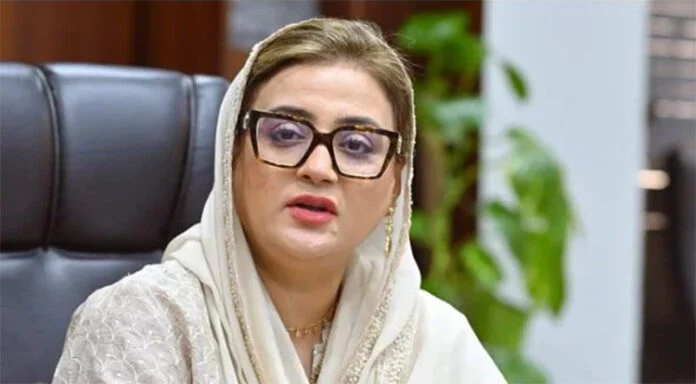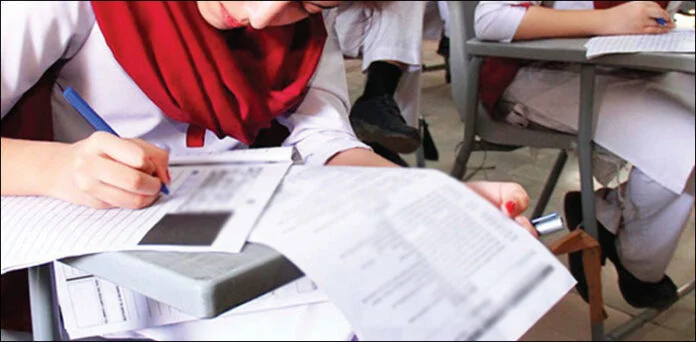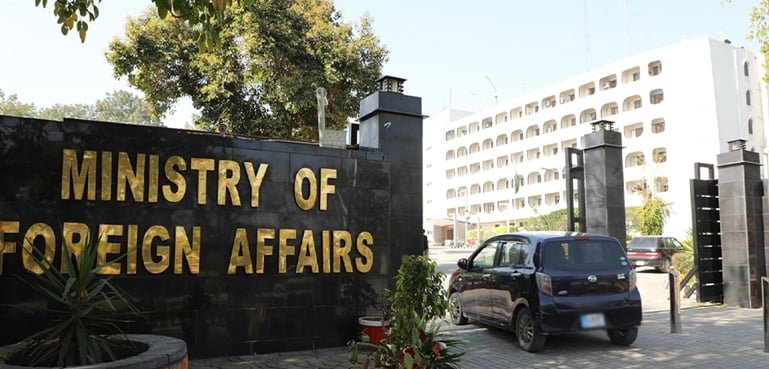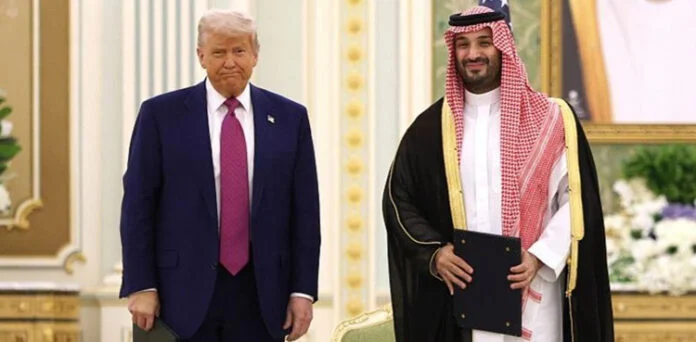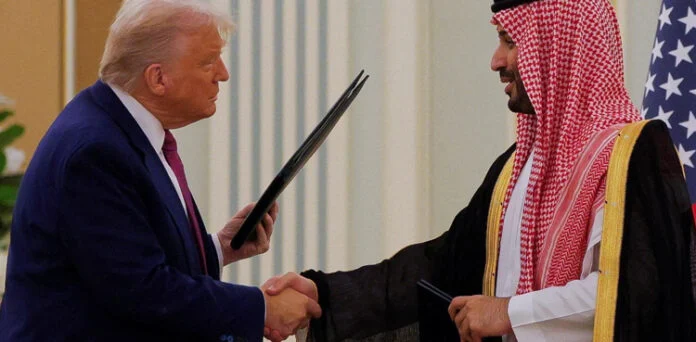
Indian students have been significantly impacted by recent actions taken by the U.S. Department of State (DOS) and Immigration and Customs Enforcement (ICE) targeting international students. In a newly launched initiative called “Catch and Revoke,” over 300 student visas were canceled last month alone. This program uses AI-driven reviews to scan the social media activity of visa holders, raising concerns about surveillance and the broad scope of enforcement.
According to the American Immigration Lawyers Association (AILA), Indian students account for 50 percent of the reported visa revocations in a sample of 327 cases. Students from China, South Korea, Nepal, and Bangladesh were also affected, with many seeing their visas revoked and their SEVIS (Student and Exchange Visitor Information System) records terminated.
Half of the affected students were on Optional Practical Training (OPT), which allows graduates to work in the U.S. Many of these students had already started employment when their records were terminated. Notably, only 57 percent of the students in the sample received any formal notice of visa revocation, usually via email from the issuing consulate. A small number of students had engaged in any kind of protest or political activity—only two of the 327 reported cases.
ICE has reportedly terminated over 4,700 SEVIS records since January 20, 2025, the majority involving students on F-1 visas. AILA’s findings highlight serious gaps in communication. In many cases, the only notification students received came from their university, not from ICE or DOS directly. In 83 percent of the cases where a notification source was identified, it was the institution, not a government agency, that informed the student of their SEVIS termination.
This delay in communication can have severe consequences, particularly for those on OPT, as they may unknowingly continue working, thus violating their visa status. Only 14 percent of affected students were directly contacted by ICE, while another 7 percent reported receiving no notice at all. Several students discovered the termination of their SEVIS record only after being locked out of their accounts or after contacting school officials.
In some cases, the justification for visa revocation or SEVIS termination did not align with the student’s actual record. At least 17 students were told their status was revoked due to a criminal record, despite having no such history. Of those who had some police interaction, 33 percent had charges dismissed or were never formally charged or prosecuted.
These measures have disrupted the academic and professional lives of many international students, particularly those who have already graduated and are in the workforce. Re-establishing visa status for these individuals is significantly more complex, often requiring legal assistance and prolonged periods of uncertainty.
There is a growing call for a more transparent and accountable process. The current system leaves students vulnerable to sudden, unexplained disruptions that can derail careers and educational goals. A mechanism for appealing inaccurate SEVIS terminations, independent of the universities, could help prevent further harm and ensure fair treatment for those affected.




